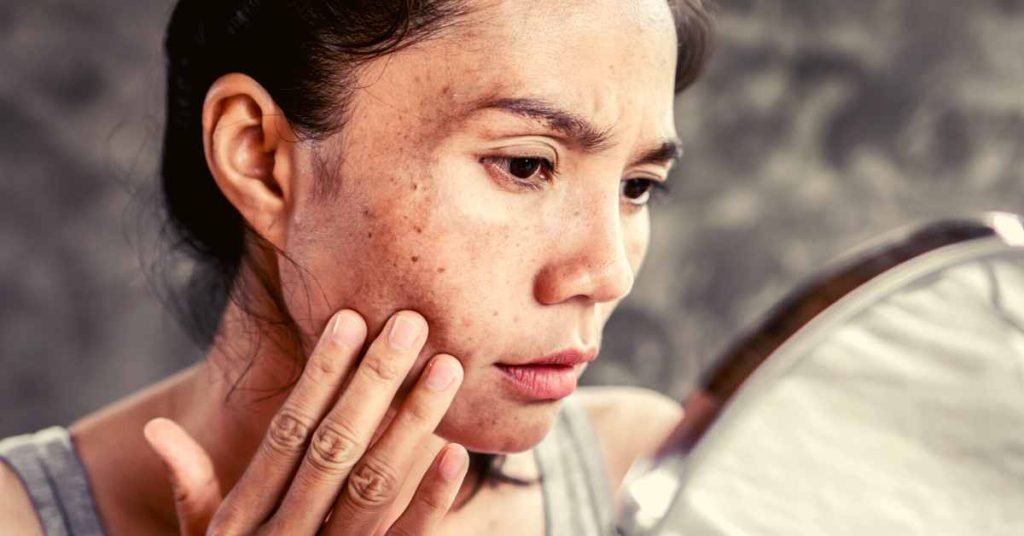Tea extracts may help reduce skin damage caused by radiation therapy for cancer, according to a study by U.S. and German researchers.
Radiation therapy is a very invasive treatment that is administered to approximately 60% of all cancer patients. One of its contraindications is its high probability of inflicting significant damage to healthy tissues.
While it can be highly effective, radiation often takes a toll on the skin, causing discomfort, inflammation, and other adverse effects.
In the quest for natural remedies, many have turned to the soothing properties of tea to alleviate radiation-induced skin damage.
Tea, a beloved beverage worldwide, has a rich history and an array of health benefits. Beyond its refreshing taste, tea contains compounds that exhibit remarkable antioxidant, anti-inflammatory, and skin-healing properties.

In this article, we delve into the science behind how tea can provide relief and promote the healing of radiation-damaged skin.
Through centuries-old traditions and modern research, we uncover the specific tea varieties, such as green tea and chamomile, that hold the key to soothing and rejuvenating damaged skin.
From the antioxidant prowess that combats free radicals to the anti-inflammatory effects that calm irritated skin, tea offers a holistic approach to alleviating the discomfort caused by radiation therapy.
It can also cause secondary cancers after the primary cancer has been treated, which usually occurs several years later. This is why treatments that reduce the negative effects of radiation therapy are continually being sought.
According to a joint study conducted by the University of California, Los Angeles and the University of Freiburg, researchers from both Germany and the U.S. have found that tea extracts could potentially help decrease skin damage caused by radiation therapy for cancer patients.
The study’s data suggests that green and black tea extracts can limit skin damage caused by radiation for 5 to 10 days. The extracts operate by obstructing the skin’s inflammatory pathways, resulting in decreased inflammation as per researchers.
The effects of extracts from green and black tea on white blood cells were studied by experts using laboratory cell cultures.
Results showed that the extracts helped in reducing the release of pro-inflammatory cytokines like IL-1beta, IL-6, IL-8, TNF-alpha, and PGE2 in both human and mouse WBCs.

Furthermore, it was proven that green tea extract had stronger anti-inflammatory properties compared to black tea.
Tea lovers rejoice! According to researchers, the abundance of polyphenols found in tea may play a key role in its anti-inflammatory properties.
And there’s more to this age-old beverage than you might think – read on to learn about exciting recent developments.
White Tea
In 2022, the University of Maryland made a significant contribution to the subject by developing a comprehensive treatment plan to reduce the harmful effects of radiation.
The proposal included various complementary therapies and alternative treatments, with an emphasis on nutrition and herbal supplements. White tea consumption becomes essential in this regard.
Green Tea

Green tea, already known for its many medicinal properties, adds one more benefit to its long list: it is a great palliative when it comes to reducing the side effects of radiotherapy.
It can be consumed in the extract at a dose of 250 to 500 milligrams daily if you want to benefit from the antioxidant effects of this healthy and healing drink. You can also consume loose-leaf green tea, drinking 3 to 4 cups daily.
If you are undergoing radiation therapy for cancer treatment, consult your oncologist before taking any type of herbal supplement, including green tea.
MEDICAL DISCLAIMER
Itsnevernotteatime.com cannot and does not contain medical/health advice. The medical/health information is provided for general and educational purposes only and is not a substitute for professional advice.




